Star Trek Breaks The Prime Directive In Its Best Movie
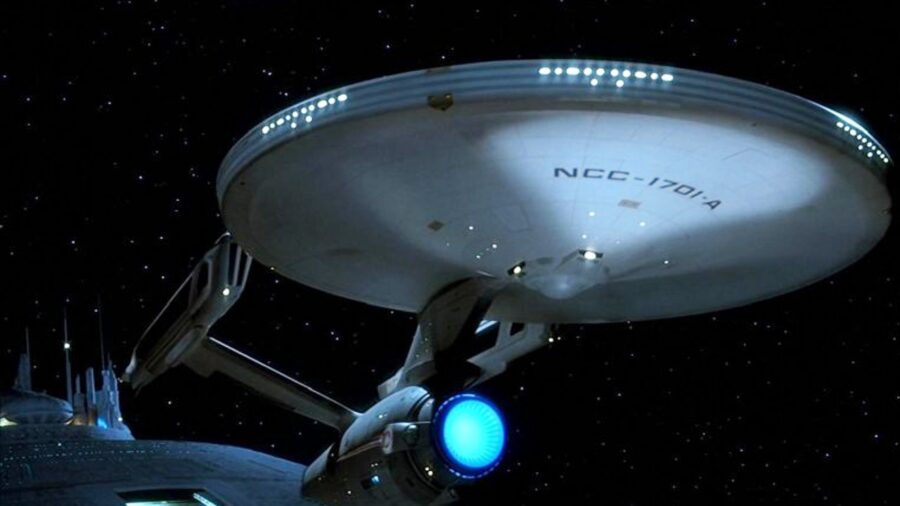
Star Trek IV: The Voyage Home is possibly the most accessible media featuring the original series cast. It takes place on Earth in the present—well, the ’80s, so close enough—and it’s light and breezy without a lot of Star Trek technobabble gumming up the dialogue and putting non-Trekkies to sleep. And while it’s considered the best Star Trek movie by many, it’s also where Kirk and Co. commit the most grievous violations of the prime directive ever depicted on camera.
Star Trek IV Shatters The Prime Directive
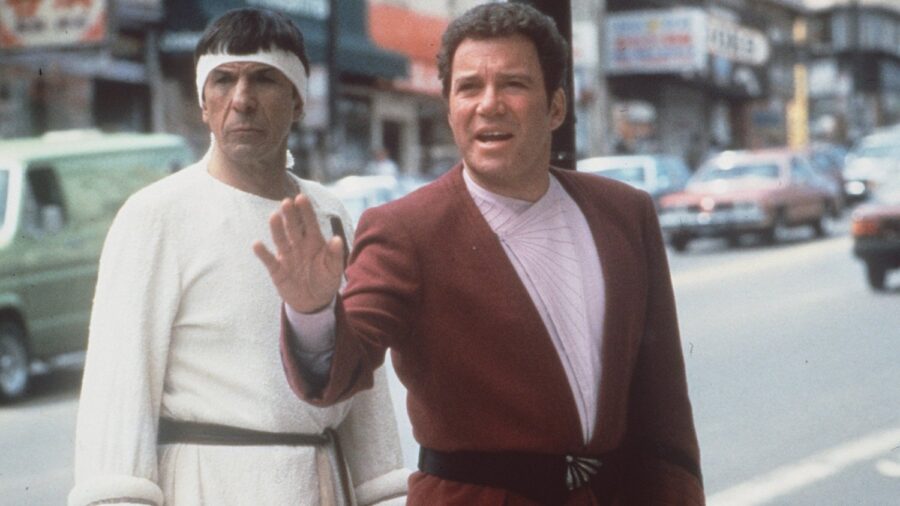
Okay, that’s an exaggeration. Obviously, with over 800 hours of combined content between the movies and shows, there’s probably a more blatant example of someone ignoring the Prime Directive. That still doesn’t change the fact that the crew of the USS Enterprise wiped their collective behinds with the Federation’s biggest rule when they went back in time to save the whales.
Just to be clear, I’m not questioning the crew’s motives. If we had to break an intergalactic law to stop Earth from being completely annihilated, I would do it in a heartbeat. I’m pointing it out because as much as fans love Star Trek IV, no one seems to mention how often it breaks the Prime Directive.
Starfleet’s Prime Directive
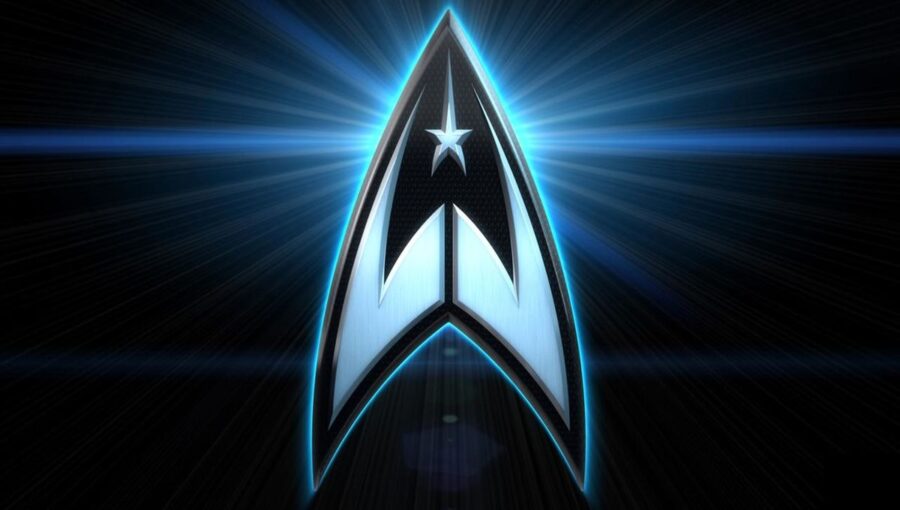
For anyone unfamiliar with it, the Prime Directive is a guiding principle that all members of Starfleet must follow. The Directive states: 1. Serve the public trust, 2. Protect the innocent, 3. Uphold the la—oh, sorry, those are the Prime Directives from RoboCop.
Starfleet’s prime directive states: “Starfleet crew will obey the following with any civilization that has not achieved a commensurate level of technological and/or societal development, a) No identification of self or mission. b) No interference with the social, cultural, or technological development of said planet. c) No reference to space, other worlds, or advanced civilizations.”
No Regard For Preserving The Past

Basically, members of Starfleet are forbidden from interfering with the natural progression of society on any planet considered technologically inferior to the worlds of the United Federation of Planets. For the Enterprise crew, that means that 20th-century Earth—a planet practically stone-age compared to their 23rd-century Earth—should be off limits. Instead, Kirk and his friends spend the bulk of Star Trek IV walking around San Fransisco, stomping on every metaphorical butterfly they can find like it’s their job.
The Adventures Of Scotty And Bones
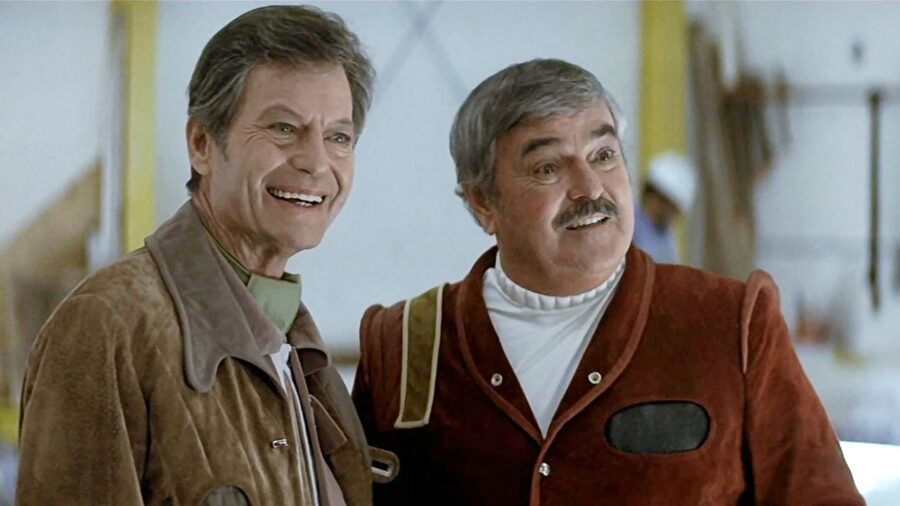
The first violation comes from Scotty and Bones’s mission to acquire a tank big enough to hold two humpback whales and strong enough to survive a trip a few hundred years into the future. The duo can’t simply buy the materials they need because they have no 20th-century money. Instead, Scotty offers the head of a San Francisco-based plexiglass manufacturer the formula for transparent aluminum in exchange for plexiglass that is thick enough to hold the whales.
Novelizations Are Not Canon

To be fair, McCoy does try to warn Scotty by mentioning that giving the factory manager the formula means they’re “altering the future,” to which Scotty glibly responds, “How do we know he didn’t invent the thing?” The novelization of Star Trek IV goes out of its way to say that the man was the inventor, so Scotty didn’t actually hurt anything, but c’mon, that’s the novelization.
The novelization of Return of the Jedi claims Jabba the Hutt is bald because he lost all of his hair to a disease. Movie-tie in books are seldom canon. Going by just what’s on screen, Scotty gives no indication that he knows, nor cares if the guy he just gave a secret future mathematical formula to was supposed to have it or not.
Bones Made A Choice
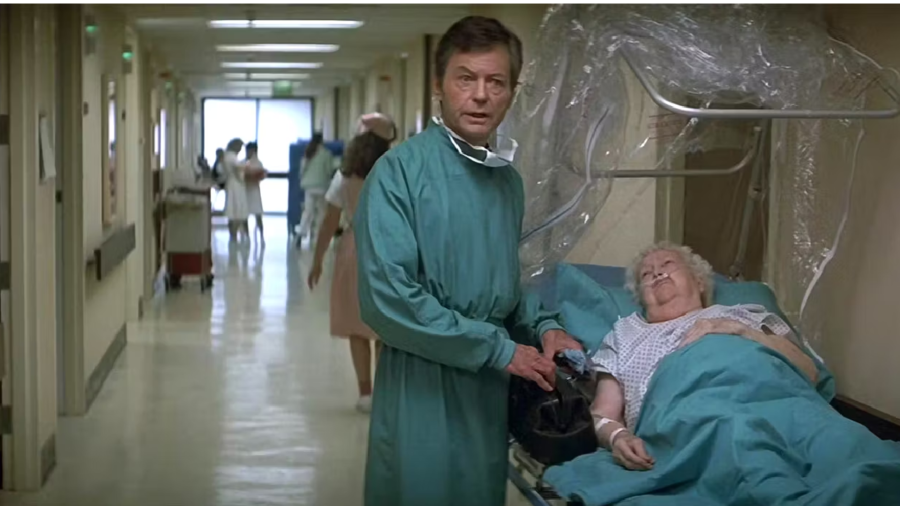
And that’s just one of the ways the Star Trek gang breaks the Prime Directive in the film. McCoy later gives a random hospital patient a miracle drug that causes her to grow a new kidney instantly. That one is especially egregious because the woman’s health had absolutely no bearing on their mission to save Earth. It is worth pointing out, though, that McCoy is a doctor, and it’s possible that the Hippocratic Oath outweighs the Prime Directive in his mind.
Kirk Breaks Every Rule

Do you know who isn’t a doctor, though? James T. Kirk, the man who not only tells a marine biologist flat out that he’s from the future but also takes her away from her primitive (to him) 20th-century existence and deposits her in the 23rd century. Kirk’s shenanigans break all kinds of protocols, from the Prime Directive to the Temporal Directive to everything in between. Considering that he begins the movie already a fugitive from Starfleet and traveling aboard a stolen Klingon Bird of Prey, Star Trek IV clearly represents Kirk at his most defiant.
I realize that all of the rule-breaking in Star Trek IV is for a higher purpose and ends up saving billions of lives in the 23rd century. I think it’s funny that no one ever points out that in order to do so, the crew of the Enterprise breaks their most sacred rule not just once but multiple times.












